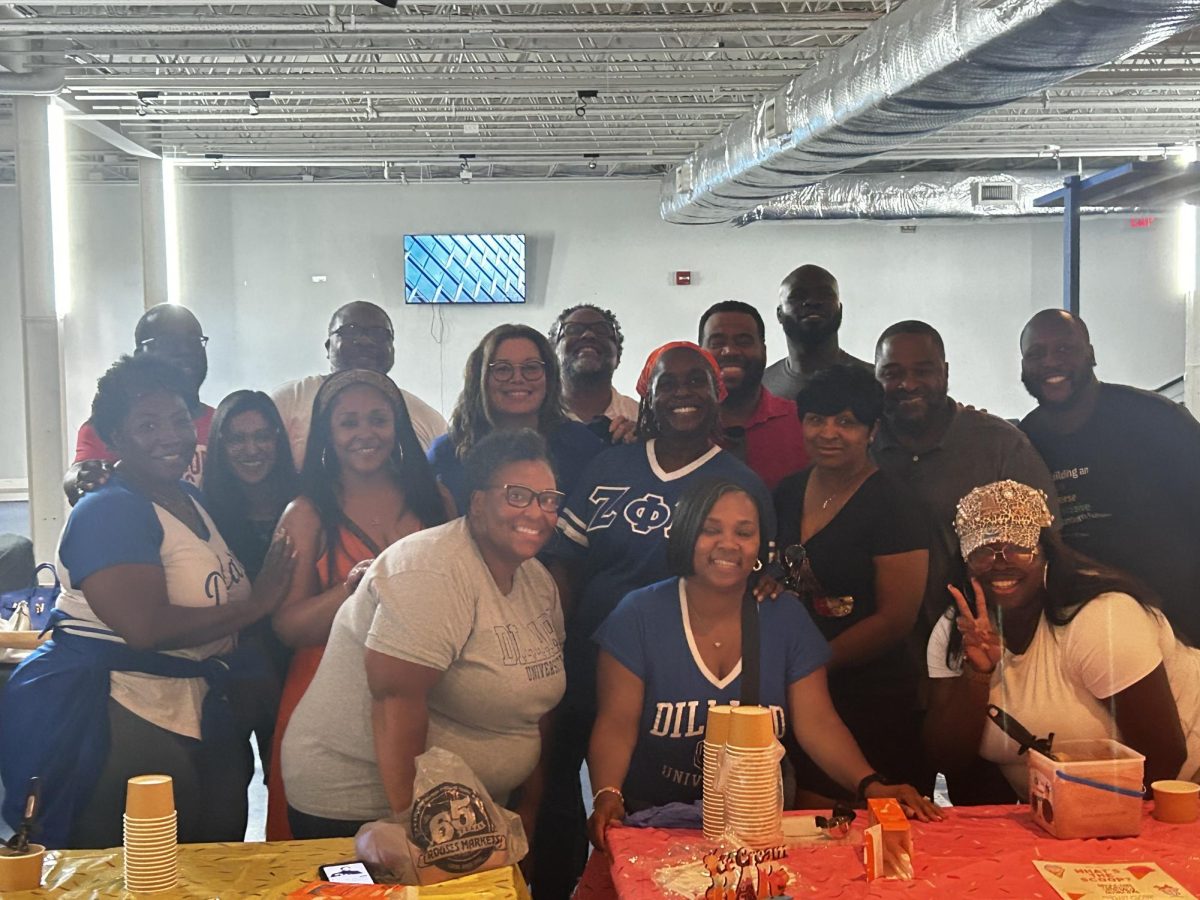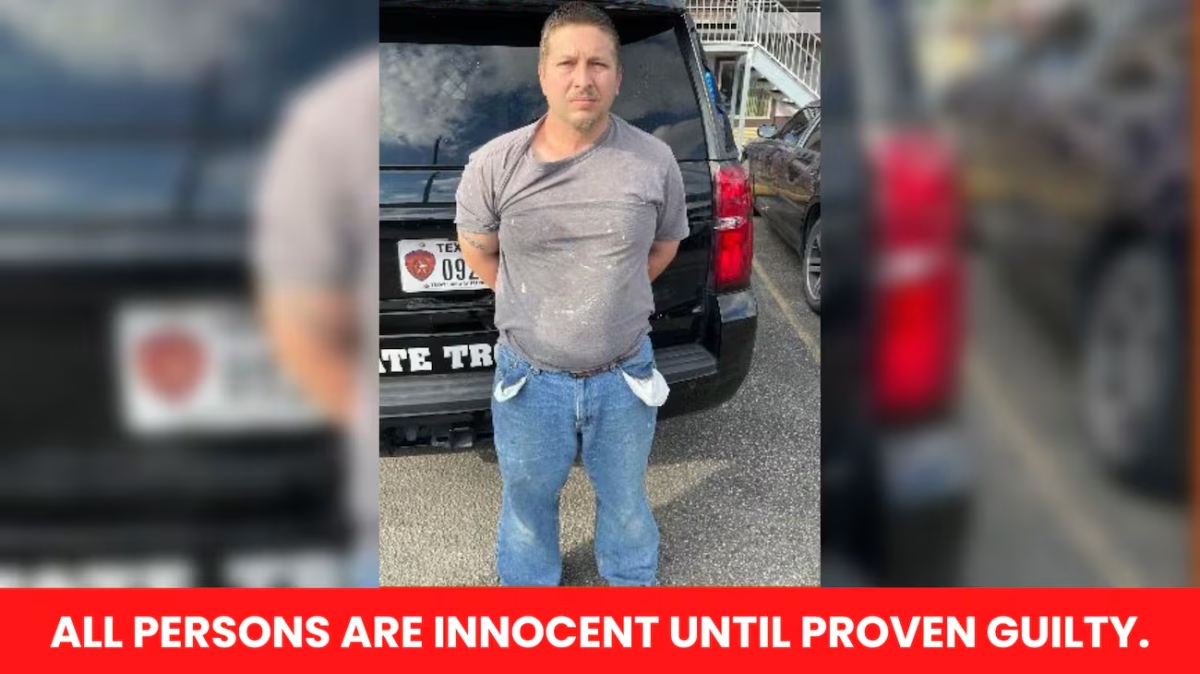 NEW ORLEANS (November 6, 2020) – Mental-health challenges have increased during the COVID-19 pandemic between the months of April and June, and Dillard students are among the suffering.
NEW ORLEANS (November 6, 2020) – Mental-health challenges have increased during the COVID-19 pandemic between the months of April and June, and Dillard students are among the suffering.
According to a survey conducted by the U.S. Centers for Disease Control and Prevention, 40.9 percent of people reported at least one mental-health or behavioral-health condition during the COVID-19 quarantine.
Symptoms of these conditions are anxiety; depression; trauma-and stressor-related disorder, or TSRD; and started or increased substance use to cope with stress or emotions related to the pandemic.
Suicidal thoughts in young adults 18-25 increased by 13.7 percent since the pandemic when compared to the national average, according to the CDC. Even before the pandemic, the Substance Abuse and Mental Health Services Administration reported that in 2019, African Americans were the second-largest demographic with attempted suicides reported.
Young black people are struggling mentally. The Center for Behavioral Health Statistics and Quality said mental-health disorders arise in specialized populations that have experienced large-scale psychological trauma caused by natural disasters.
And the disasters this year came in a bundle: the pandemic, followed by the resulting social isolation and economic worries, followed by continual reports of fatal aggressive policing, and then storm after storm.
We’ve had to relocate mid-semester; watch black men and women succumb to police brutality; seek jobs and internships; bury friends and family; and lose homes in hurricanes – all while trying to finish our degrees virtually.
I suspect long-term effects of the trauma 2020 has wrought. I know seniors like myself are experiencing high amounts of anxiety and depression.
Some employers are delaying job postings, graduate programs are delaying admission and internships are being canceled or reduced to virtual work. Even so, we are supposed to continue our work and schooling as if everything is normal.
Some professors are not being as accommodating as the pandemic would require. Just because we are navigating COVID-19 does not mean we don’t feel the repercussions.
For example, students were expected to complete their midterms during a campus-wide power outage, although, granted, an extension was provided.
Humans crave social interaction, and young black people are the life of the party. An HBCU is the social capital of a city. But college amidst COVID-19 is a mental cage for students.
The “new normal” has created a society that depends on Wi-Fi and battery life. People who once were social butterflies are now anti-social.
I wonder whether campus will ever be the same. On a “normal” day, The Oaks would be filled with students and faculty walking to and from buildings. Music would be blaring from a speaker on Kearny Terrace while people gather in groups to socialize. Party promoters would pass out fliers for the upcoming weekend party.
Now you are surprised to see someone walking to class. The halls are empty. The silence is deafening. Mentally, students are trying to make it out alive.
We must check on each other and seek help when we need it.
If you are a student experiencing mental adversities, please get in contact with the two on-campus counselors in Student Support Services: [email protected] and [email protected].
The Rev. Herbert Brisbon III, university chaplain, also is available for counseling: [email protected].
For immediate response, Substance Abuse and Mental Health Services Administration, provides a free 24/7 hotline for individuals or families facing mental or substance-abuse disorders. Call toll-free 1-800-662-HELP (4357).





























